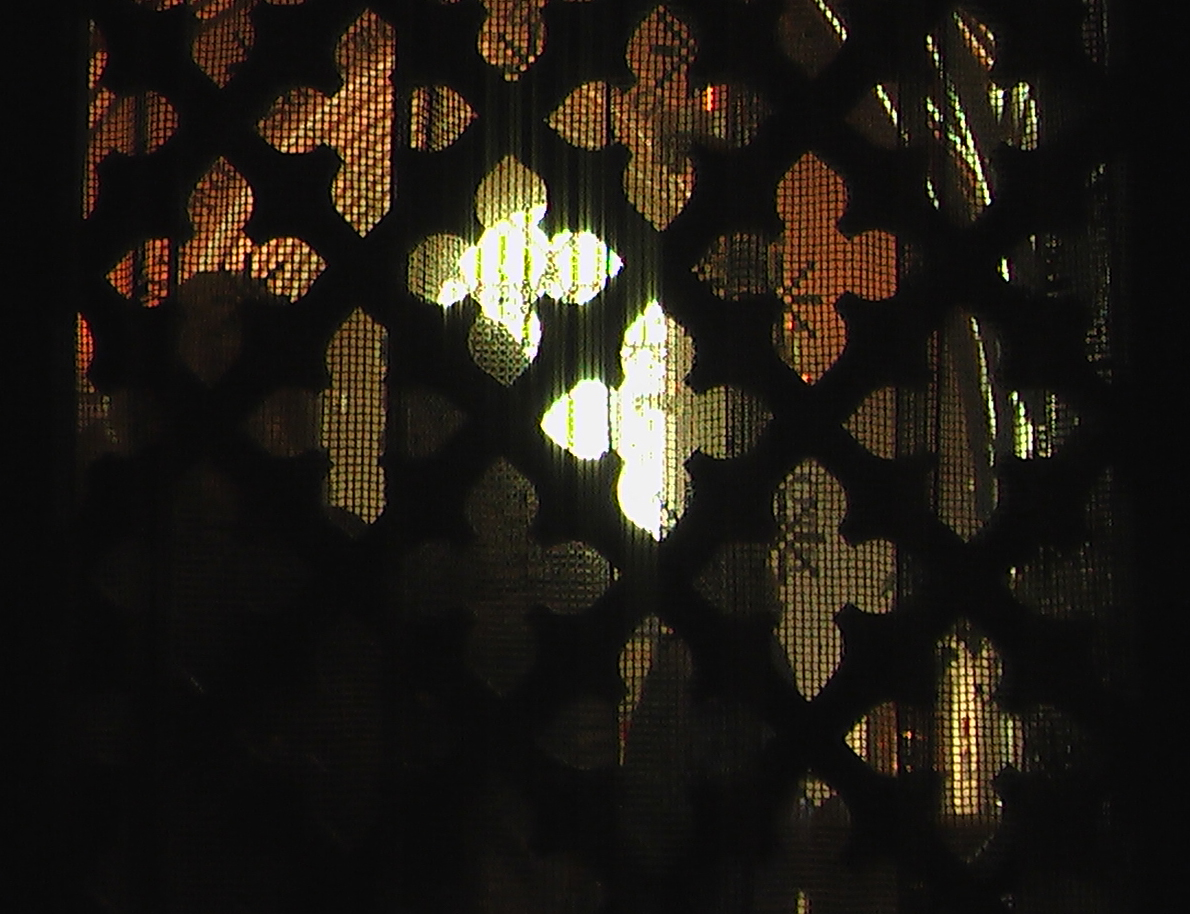
Perhaps this is ever so slightly narcissistic, but the more people I meet from more urban areas, the more surprised people seem to be by my Catholic upbringing. I’m accustomed to apathetic stares from The Sacred Heart as I eat my breakfast. My mother often blesses herself before leaving in the car and blesses me at night before bed. The angelus is observed, Sunday is day of rest (despite including a 10am start for mass) and sinning means that you won’t see your parents in heaven, as my mother occasionally orates.
Losing my faith
Around the age of 12 (after I had made a small fortune from my confirmation), it slowly but surely dawned on me that I would in fact not see my parents in heaven, nor would they see theirs. It is difficult to see someone in a place that does not exist. Following a number of bereavements and having always been a fan of literature, I slowly began to think of God as being a less exciting work of fiction. Platform nine and three-quarters became a closer reality to me than purgatory, and, to make the transition easier, the spells were generally both in Latin. Nonetheless, I was still dragged to mass and forced to receive communion. At times, I really did sway between believing and pretending, but Pascal’s Wager seemed too much of a commitment to me and eventually I let my capacity for reason and reality take the fore, thus casting God from my belief system and landing in a peaceful realm of reality known as atheism.
The liberal “enjoy the ride” atmosphere fostered in Trinity is totally at odds with the conservative and often fundamentalist attitude of my hometown.
My parents are fantastic, understanding and compassionate people but my mother particularly struggled with this and liked to lament (daily) how she would never see her only daughter in heaven. My sins were too great, and the list got longer after I wound up in Trinity: idolatry (I am a huge Wittgenstein fan), blasphemy, rebelling against my parents and, of course, the killer, fornication. Despite my own personal rejection of faith and of Catholic teachings in particular, as time goes on I still find myself feeling deep, torrential pangs of what can only be described as God-fearing guilt.
Fear of sinning
Trinity offers one so many new and exciting experiences such as: a high turnover rate of relationships, Holi festivals, Hist bullying scandals, Troutopia, and the institution that is Trinity Ball. However, in spite of the variety of all these events and occurrences, my morality and self-esteem always seems to take a bashing. Despite not being cowed by the wrath of God, sinning and fear of sinning is a daily feature of my life, which often leads me to question whether or not I’m a good person, whether or not I deserve good karma and whether or not my parents could ever be proud of me because of my transgressions.
The fear of sinning has been instilled in me from such a young age and with that follows crippling guilt. If I told lies, God would know. If something bad happened, it was punishment from God. Certainly, I’m not saying that this is the same in every Catholic home and, indubitably, the form of Catholic morality I was exposed to seems to be Catholicism on steroids. This doesn’t diminish the manner in which it has truly affected my personality and my experience in Trinity.
The liberal “enjoy the ride” atmosphere fostered in Trinity is totally at odds with the conservative and often fundamentalist attitude of my hometown. Same sex marriage and pro choice are taken as a matter of fact in Trinity, whereas they are seen as morally perilous to my parents. One-night stands are run of the mill for many college students – it is seen as impure and unclean to many of the Christian faith. These are the struggles my own personal morality faces. Sex becomes a traumatic experience, infidelity sets my soul racing and tittle-tattling amongst friends sends it plunging to the fires of hell. However, these are all part of experiencing college- so how does one position their morality without retarding their own college experience?
Childhood guilt
Even today, I often still find myself sitting in pews staring at an altar after my feet somehow shimmy me inside a church. How could any God want his followers to feel such guilt? I’m sure this experience of guilt and self-doubt isn’t an experience particular to me. Some of the greatest works of literature draw on this motif between the struggle of your old Catholic soul and your new and pronounced atheist soul. Sometimes, it can be difficult to even believe that there was a time when you believed. It is as though you cannot recognise your past self and yet struggle to let go of it too. Your current morality is inextricably linked to your childhood and parents. Your past is inevitably entangled in your present, even if you have formally abandoned your old way of looking at the world.
My mother anxiously awaits her reward in heaven, and it comforts me to know that in any moment of perplexity, she finds contentment in praying to a God whom she believes will await her in the afterlife with opening arms. Nonetheless, I have confidence in the life we have here on Earth. The world works in mysterious ways and humans have more than enough to worry about without adding an extra afterlife on top of that. I fully respect any faith but the element of guilt involved in Catholic morality must not be something that is instilled in young children. The first baptisms were fully grown adults, who chose that guilt for themselves. Pope Francis should be more concerned about promoting the basic doctrines of the church, rather than giving one guilty hamartophobe another thing to worry about.






